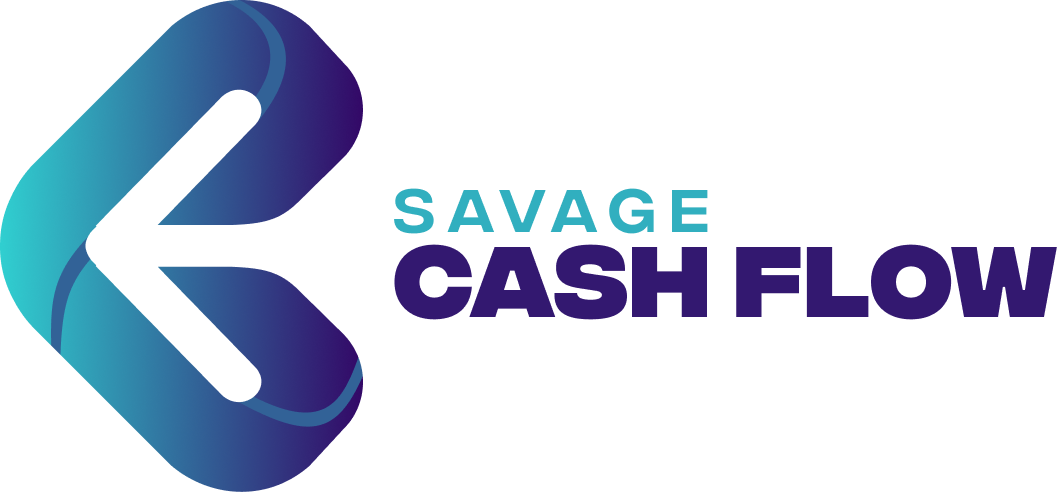
UK inflation expected to dip below 2% for first time in over three years

Annual inflation in the UK is expected to fall below 2% for the first time since April 2021, according to data anticipated to be released next Wednesday.
Official figures are predicted to show a decline in consumer price inflation (CPI) from 2.2% in August to between 1.8% and 1.9% in September, marking the first time inflation has dipped below the Bank of England’s 2% target in more than three years.
The expected drop in inflation comes as a result of falling global energy prices, the resolution of supply chain issues following the pandemic, and the impact of aggressive interest rate hikes. Annual inflation has been steadily declining since peaking at 11.1% in October 2022.
Economists suggest the September inflation figure may be even lower than the Bank of England’s forecast of 2.1%, driven by a sharp reduction in energy and oil prices last month. Analysts at Barclays suggest inflation could fall to 1.7%, while Deutsche Bank points to broader energy price deflation and dips in food, tobacco, and services costs pushing inflation down to 1.8%.
Sanjay Raja, chief UK economist at Deutsche Bank, said, “After headline CPI moved sideways in August, we expect inflation to drop to a new cyclical low in September.”
This anticipated decline in inflation will increase pressure on the Bank of England’s monetary policy committee (MPC) to consider further interest rate cuts. Andrew Bailey, the Bank’s governor, recently warned that ratesetters may need to be “a bit more aggressive” with interest rate reductions if inflation continues to weaken and the economy shows signs of slowing.
The UK economy has seen a marked slowdown in growth in recent months, with GDP stagnant in June and July, and growing only by 0.2% in August, compared to 0.7% quarterly growth at the start of the year.
Konstantinos Venetis of TS Lombard said, “Inflation is settling lower, leaving the economy struggling to maintain momentum. Evidence of a soft patch taking shape is becoming clearer, pointing to the need for a shot in the arm from looser monetary policy.”
Traders now expect the Bank to cut interest rates twice before the end of the year, potentially bringing the base rate down to 4.5%.
However, inflation is likely to rise again in the coming months, with household energy prices increasing by 10% in October and oil prices climbing due to tensions in the Middle East. Additionally, measures from Rachel Reeves’ upcoming budget on October 30, such as introducing VAT on private school fees and potential duties on alcohol and tobacco, could also push inflation back up.
Read more:
UK inflation expected to dip below 2% for first time in over three years
